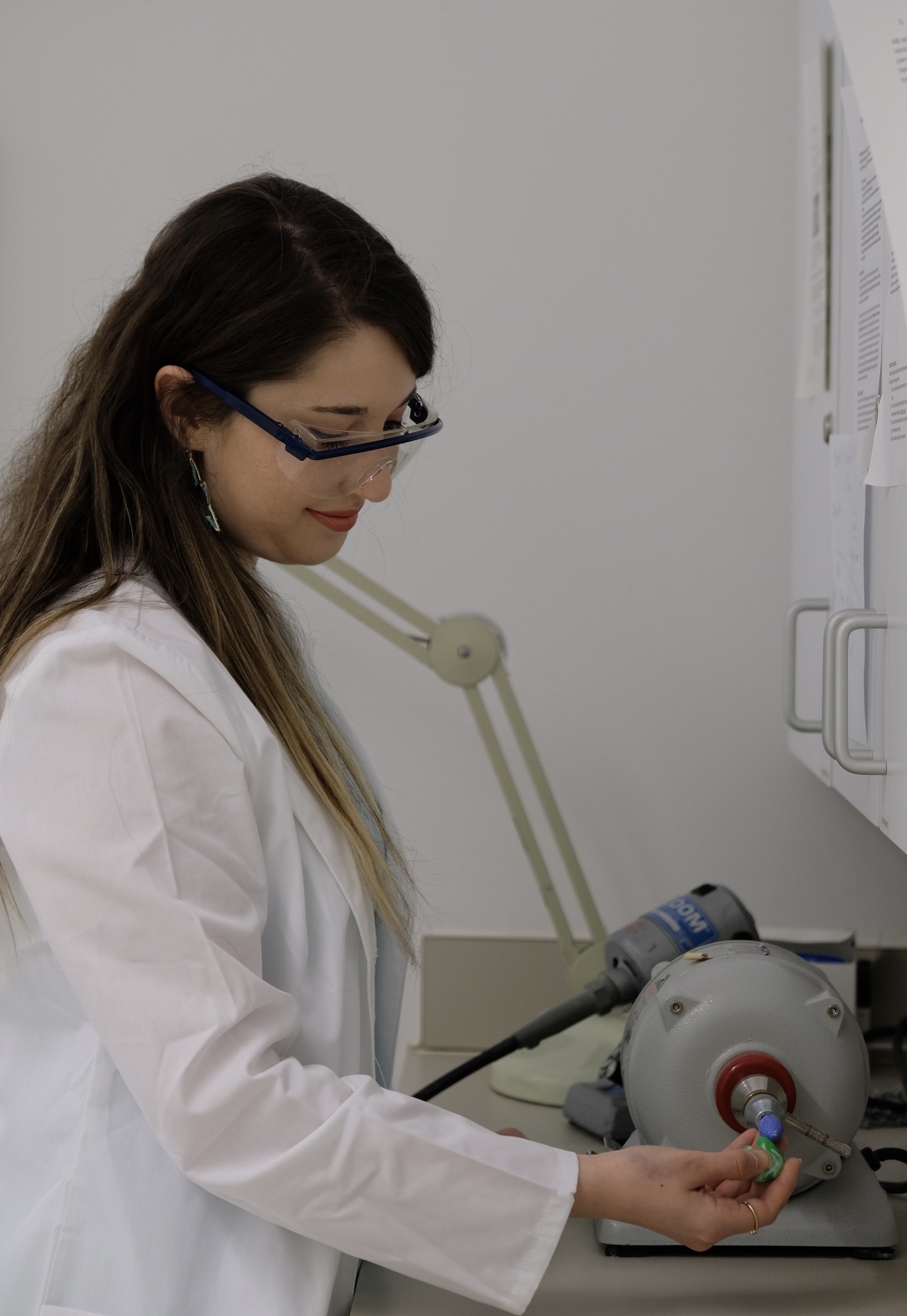Pursuing a Doctor of Audiology (Au.D.) is an exciting and rewarding journey, but it can also be demanding. While focusing on your coursework, clinical training, and research, it’s also important to gain practical experience to enhance your skills and knowledge. Luckily, there are various job opportunities for audiology students that can provide hands-on experience in the field while also offering a steady income. In this blog, we will explore some of the key job roles you can consider while studying for your Doctor of Audiology degree.
1. Hearing Screener
One of the most common entry-level positions for audiology students is working as a hearing screener. In this role, you will perform basic hearing tests to assess whether individuals need further evaluation by an audiologist. Hearing screening is typically done in schools, hospitals, and clinics, as well as for hearing loss detection in newborns or adults during routine check-ups. This role will give you exposure to different populations and provide a foundation in audiometric testing techniques.
Key Skills:
- Basic knowledge of audiometric testing equipment
- Strong attention to detail
- Good communication skills, especially when interacting with children or elderly patients
2. Audiology Assistant
As an audiology assistant, you will support licensed audiologists in a clinical or hospital setting. Your duties may include conducting initial patient intake assessments, performing basic audiometric tests, maintaining equipment, and assisting with hearing aid fittings. This position allows you to observe and learn from experienced professionals, providing valuable insights into clinical practice while helping to manage the day-to-day activities of the audiology clinic.
Key Skills:
- Knowledge of audiology terminology and procedures
- Ability to interact effectively with patients
- Organizational skills to manage patient records and equipment
3. Teaching Assistant
If you have a strong academic background and enjoy teaching others, becoming a teaching assistant (TA) can be a great opportunity while studying for your Au.D. TAs often assist professors by helping with course materials, grading assignments, running lab sessions, and providing additional support to students. This role allows you to deepen your understanding of audiology topics by teaching and clarifying concepts to your peers, all while enhancing your communication and leadership skills.
Key Skills:
- Strong understanding of audiology concepts
- Communication and organizational skills
- Ability to explain complex ideas clearly
4. Research Assistant
For audiology students with an interest in the scientific side of the field, working as a research assistant offers a chance to contribute to advancements in audiology. You may assist with literature reviews, data collection, statistical analysis, and manuscript preparation for publication. Research assistant roles are available in university labs, private research institutes, or hospitals, and they allow you to be at the forefront of clinical and experimental audiology.
Key Skills:
- Analytical and critical thinking
- Strong attention to detail in data collection
- Familiarity with research software and tools
5. Clinic or Office Support Staff
Many audiology students take on jobs as clinic receptionists or office support staff. These positions involve managing patient scheduling, answering phones, filing patient records, and maintaining clinic supplies. While not directly related to audiology practice, these roles provide invaluable experience in understanding the logistical and administrative side of the healthcare industry. You’ll also interact with patients, helping you improve your patient care and communication skills.
Key Skills:
- Customer service and communication
- Time management and organization
- Familiarity with healthcare management systems
6. Tutor for Audiology Students
If you have a strong grasp of audiology concepts and coursework, tutoring fellow students can be a fulfilling job option. Many audiology students look for tutors who can help them grasp difficult topics in anatomy, hearing science, speech-language pathology, and more. This job allows you to reinforce your own knowledge while helping others succeed in their studies.
Key Skills:
- In-depth knowledge of audiology principles
- Strong communication and teaching skills
- Patience and adaptability
Conclusion
As an audiology student pursuing your Doctor of Audiology degree, there are numerous job opportunities that not only provide financial support but also offer valuable experience that enhances your skills in clinical practice, research, and patient interaction. Whether you choose to work as a hearing screener, audiology assistant, research assistant, or in another role, each position helps to expand your understanding of audiology and prepares you for a successful career as a licensed audiologist. The key is to balance your academic responsibilities with practical work that aligns with your career goals, helping you grow both professionally and personally in this rewarding field.



